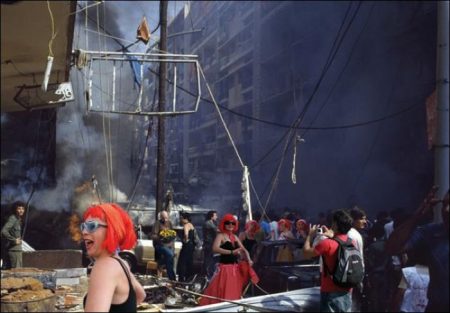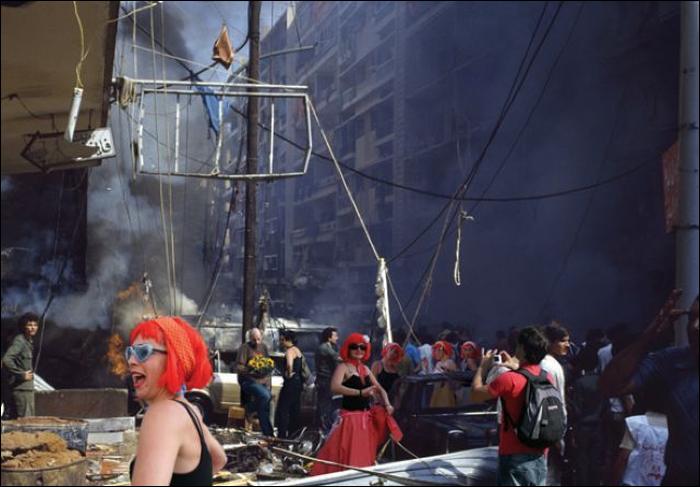Another kind of multiverse avoids what some see as the slipperiness of this reasoning, offering a solution to the fine-tuning problem without invoking the anthropic principle.
It was formulated by Lee Smolin of the Perimeter Institute for Theoretical Physics in Waterloo, Canada. In 1992 he proposed that universes might reproduce and evolve rather like living things do.
On Earth, natural selection favours the emergence of “useful” traits such as fast running or opposable thumbs. In the multiverse, Smolin argues, there might be some pressure that favours universes like ours. He calls this “cosmological natural selection”.
Smolin’s idea is that a “mother” universe can give birth to “baby” universes, which form inside it. The mother universe can do this if it contains black holes.
A black hole forms when a huge star collapses under the pull of its own gravity, crushing all the atoms together until they reach infinite density.
In the 1960s, Stephen Hawking and Roger Penrose pointed out that this collapse is like a mini-Big Bang in reverse. This suggested to Smolin that a black hole could become a Big Bang, spawning an entire new universe within itself.
If that is so, then the new universe might have slightly different physical properties from the one that made the black hole. This is like the random genetic mutations that mean baby organisms are different from their parents.
If a baby universe has physical laws that permit the formation of atoms, stars and life, it will also inevitably contain black holes. That will mean it can have more baby universes of its own. Over time, universes like this will become more common than those without black holes, which cannot reproduce.
It is a neat idea, because our Universe then does not have to be the product of pure chance. If a fine-tuned universe arose at random, surrounded by many other universes that were not fine-tuned, cosmic natural selection would mean that fine-tuned universes subsequently became the norm.
The details of the idea are a little woolly, but Smolin points out that it has one big advantage: we can test it.
For example, if Smolin is right we should expect our Universe to be especially suited to making black holes. This is a rather more demanding criterion than simply saying it should support the existence of atoms.
But so far, there is no evidence that this is the case – let alone proof that a black hole really can spawn an entirely new universe.
Next Page: The Brane Multiverse
Views: 402




